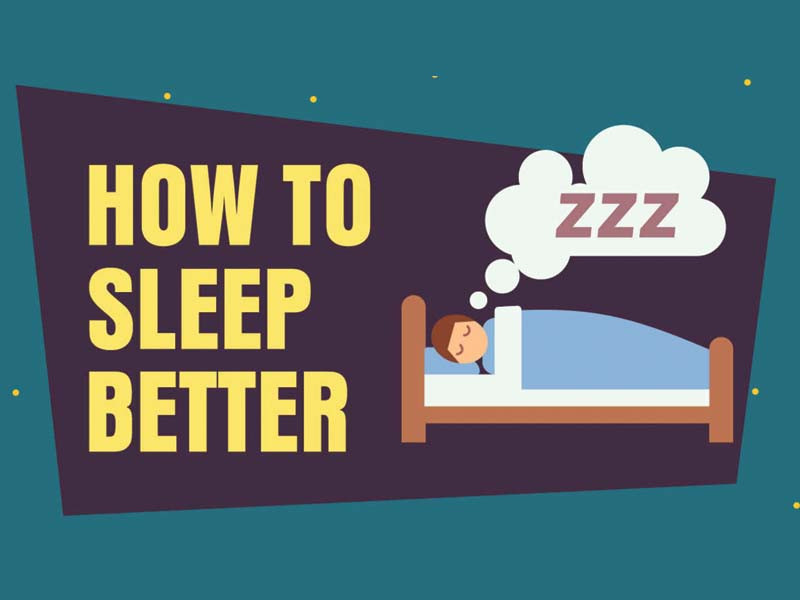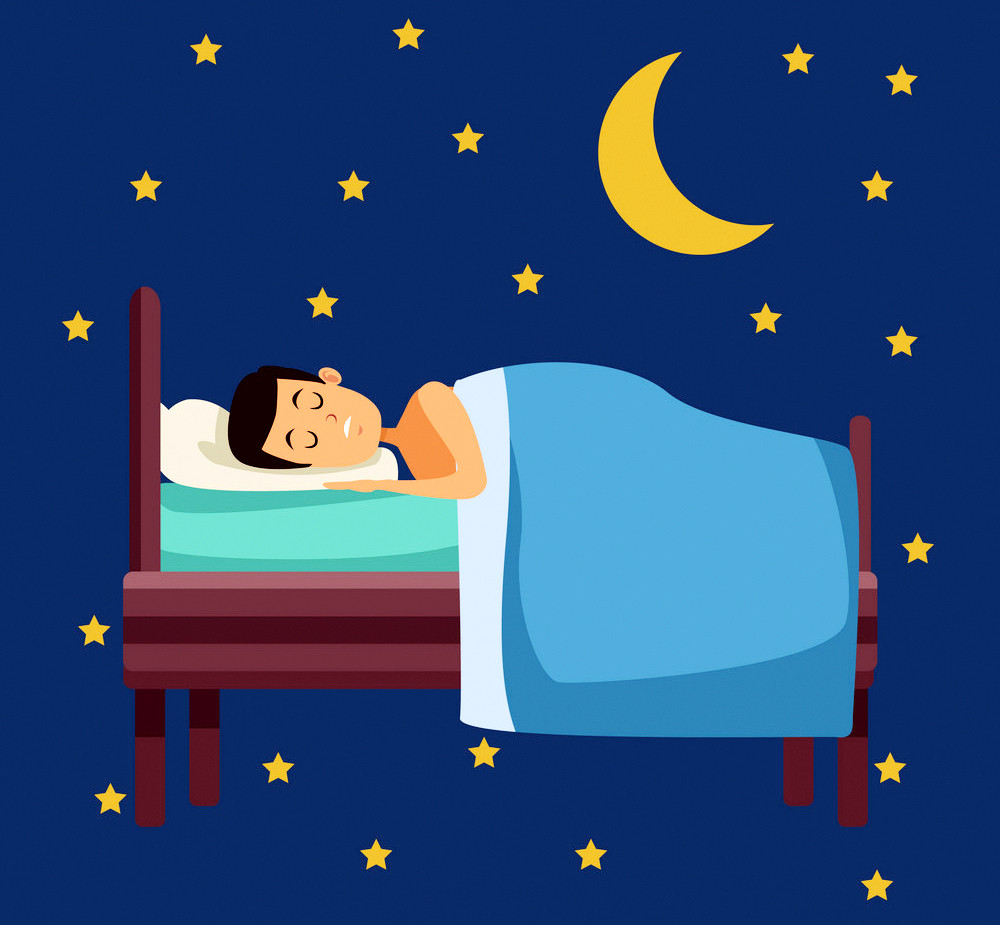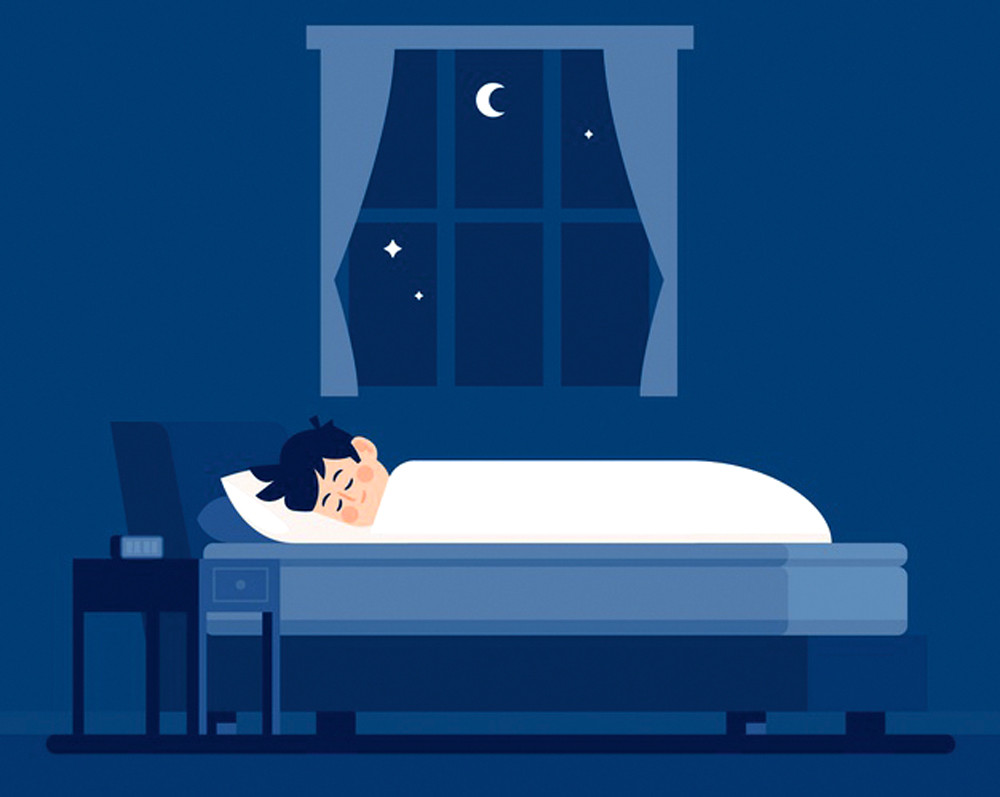
The continuation of these unprecedented times has made it difficult to have structure and routine in our everyday lives. With no surety of what the next day holds for us, it can become daunting and stressful. With little social interaction, work from home situations and gyms closed it can become difficult to stay on track. Just like exercise and a balanced diet, a good night’s sleep is vital for our health.
Anxiety and stress are at an all-time high due to social distancing rules and lockdowns. Many people are experiencing insomnia and bad night’s sleep, which can trigger greater irritability, tiredness, and difficulty concentrating, among other harms. Poor sleep patterns do have negative effects on our mind and body. It affects our hormones, brain function and productivity, cause weight gain and increase the risks of diseases. If you want to optimise your health and productivity it’s important to get proper rest to function in a healthy manner.

Avoid consumption of caffeine during late hours
This one is a given. We all know consuming caffeine has various benefits but if done at the right time. A single dose can help enhance focus, energy and performance. Research shows consumption of caffeine six hours prior to sleep can negatively impact the sleep quality. Caffeine can stay elevated in your bloodstream for 6–8 hours. Therefore, drinking large amounts of coffee after 3–4pm is not recommended, especially if you have trouble sleeping. If you do want to have caffeine trying opting for decaffeinated coffee.
Reduce long daytime naps
While powernaps are popular because they help us recharge and reset our mind and body for the rest of the day, long and irregular naptimes can negatively affect your sleep at night. Sleeping for long hours during the day will confuse your internal body clock and it would be difficult for your mind and body to know when it’s time to sleep. Long daytime naps may impair sleep quality. If you have trouble sleeping at night, its best to shorten your naps or avoid napping completely.
Try to sleep and wake up at a fixed time
Sleeping and waking up at a fixed time will help your mind and body to register and fix your body clock which will result in improved sleep quality and help you wake up and sleep easily. If you struggle with falling asleep and waking up, the best way is to get into the habit of sleeping and waking up at a fixed time. After some time you won’t have so much troubling sleeping or waking up.
Optimise your environment
Our environment can have a big impact on sleeping quality and quantity. Temperature, noise, external lights, and furniture arrangement can all play a role in the quality of our sleep. Numerous studies point out that external noise, often from traffic, can cause poor sleep and long-term health issues. To create an environment of peace and calm should be your priority to get a good night’s rest. Optimise your bedroom environment, try to reduce any distractions such as external noise, light, and artificial lights from devices like phone screens. Make sure your bedroom is quiet, relaxing and clean.

Don’t eat late in the evening
Consumption of a large meal before bed can lead to poor sleep and hormone disruption. However, certain meals and snacks a few hours before bed may help. Make sure your stomach is not completely full. While heavy meals might help you sleep more easily for a few days, chances of an upset stomach, feeling full can all lead to unhealthy weight gain and other health problems including the quality of your sleep.
Have a pre-sleep routine
Relaxation techniques before bed have been shown to improve sleep quality and are another common technique used to treat insomnia and other sleep issues. Techniques like meditation help relax the mind and body and release stress. Other strategies like listening to relaxing music, reading a book, taking a hot bath, deep breathing, and visualisation are all great options to explore.
Take a long and relaxing bath or shower
A long and relaxing bath or shower is another popular way to sleep better. Studies indicate they help improve overall sleep quality. Alternatively, if you don’t want to take a full bath at night, simply bathing your feet in hot water can help you relax and improve sleep quality.


















COMMENTS
Comments are moderated and generally will be posted if they are on-topic and not abusive.
For more information, please see our Comments FAQ